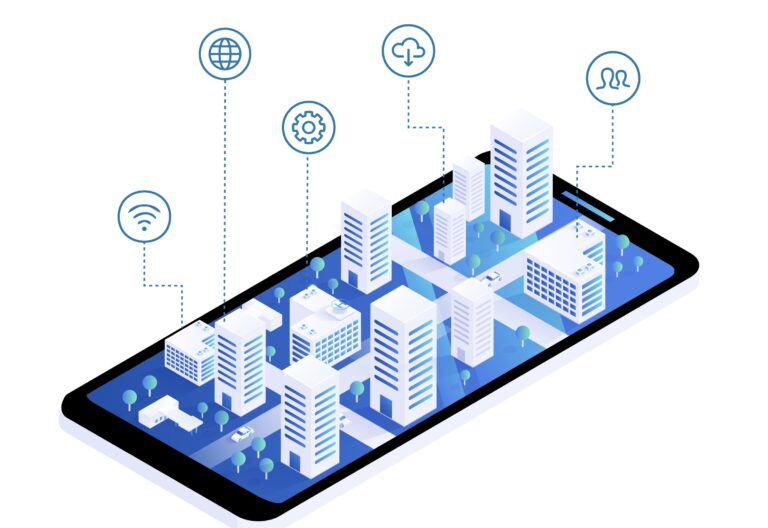
An emerging opportunity for fintech may lie in the real estate sector’s leap toward a “phygital” era.
Already, there are numerous prop tech startups in Canada innovating various aspects of real estate.
Moving forward, the way properties operate and interact with their tenants is gearing towards an unprecedented fusion of physical spaces with digital utilities, Deloitte reports—setting the stage for the rise of the property app store and platform business model.
Inspired by tech behemoths like Apple, who diversified their product-centric models by integrating service portfolios, real estate moguls are realizing that brick-and-mortar can seamlessly intertwine with bits and bytes.
The focus is no longer solely on renting out spaces per square foot. Real estate is evolving into offering subscription-based amenities and sharing in the revenues of third-party apps, according to Deloitte’s annual flagship report on the Canadian sector.
The objective? A holistic digital environment that enhances user experience and generates steady income.
Enter Real Estate-as-a-Service. This new model is not just about space but about the diverse range of services that the space can facilitate—a sort of marketplace where various stakeholders access building data and digital services from a single platform.
REaaS transforms building data—be it space usage, building systems, or even parking spaces—into a revenue-generating commodity. This data can be leveraged in much the same way tech companies monetize their APIs.
Applying modern fintech, property owners can diversify their revenue streams in innovative ways. Subscription services range from intelligent energy consumption, occupancy analytics to predictive maintenance, all tailored for tenant needs. Furthermore, third-party service providers can jump aboard to offer their unique services to tenants, giving them a piece of the vast real estate ecosystem while contributing to the revenue of the platform orchestrators.
One major branch of fintech relevant here is e-commerce tech, ripe for integration with digital-forward real estate. One small example is ordering coffee from a cafe in your building through your smart building app. It’s also another way to gather and utilize valuable user data.
Tenants appear enthusiastic. Deloitte’s survey found that 56% of tenants expressed interest in innovative as-a-service models, like paying their landlord to monitor renewable energy or even water usage. Moreover, 50% indicated they would be willing to pay for occupancy analytics to optimize their space utility.
The recommendation from Deloitte for real estate magnates is clear: It’s time to shift from a product-centric approach to a systems-centric mindset. Buildings will no longer be seen as static structures but dynamic platforms that continuously adapt and integrate tenant needs.
The future of real estate, forecasts Deloitte, is phygital and fintech-fuelled.


Leave a Reply